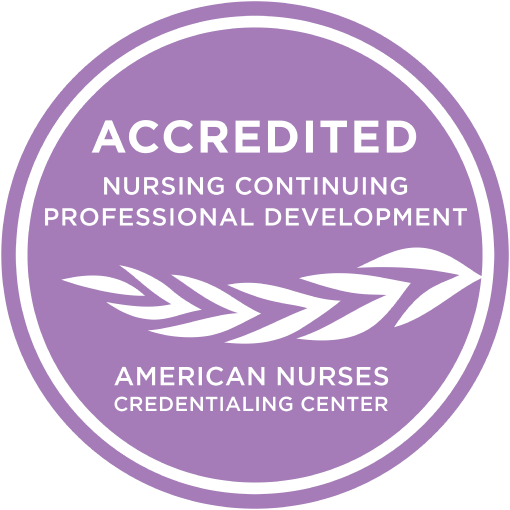High Altitude Cerebral Edema (HACE)
Contact Hours: 1
Course Overview
This course reviews High-Altitude Cerebral Edema (HACE), a life-threatening condition resulting from inadequate acclimatization and exposure to high-altitude environments. Participants will examine HACE’s pathophysiology, risk factors, symptoms, progression, and relationship to other altitude illnesses, such as Acute Mountain Sickness (AMS) and high altitude pulmonary Edema (HAPE).
The course emphasizes evidence-based prevention strategies, including gradual ascent protocols, acclimatization techniques, and early recognition of warning signs. Participants will also study the critical components of HACE management, including immediate descent, pharmacological interventions (e.g., dexamethasone), oxygen therapy, and portable hyperbaric chambers.
Course Outline
- Introduction
- High-altitude illness (HAI)
- Etiology
- Epidemiology
- Pathophysiology
- Risk Factors
- Symptoms
- Patient Evaluation, Treatment & Management
- Case Study: High-Altitude Cerebral Edema (HACE)
- Conclusion
Course Outcomes
After completing this course, the learner will rate a 4 out of 5 on the Likert Scale for their ability to:
- Describe the underlying mechanisms of High-Altitude Cerebral Edema (HACE), including the role of hypoxia, blood-brain barrier disruption, and vasogenic edema.
- Identify key risk factors such as rapid ascent, inadequate acclimatization, and individual physiological susceptibility.
- Identify the symptoms of HACE, including headache, confusion, ataxia, slurred speech, and altered consciousness.
- Differentiate these from other high-altitude illnesses such as Acute Mountain Sickness (AMS) and high-altitude pulmonary Edema (HAPE).
- Discuss the importance of gradual ascent, proper acclimatization protocols, and early intervention strategies, including immediate descent, administration of
Accreditations and Approvals

- American Nurses Credentialing Center (ANCC) (P0614)
- California Board of Registered Nursing (CEP 17418)
- Kentucky Board of Nursing (7-0090)
- Louisiana State Board of Nursing (58)
- Florida Board of Nursing (50-23983)
- Delaware Board of Nursing (DE-24-010127)
- Alabama Board of Nursing (#ABNP1577)
- Iowa Board of Nursing (#393)
- Kansas Board of Nursing (LT0340-0325)
Approved by the Board of Nursing in every state, you can complete your RN, LVN, and APRN CEUs with confidence.
Accreditation Statement
Nursing CE Central LLC is accredited as a provider of nursing continuing professional development by the American Nurses Credentialing Center's Commission on Accreditation.
It will take the average learner 60 minutes to complete and awards 1 contact hours of continuing education.
Written For
- Registered Nurses (RN)
- Advanced Practice Registered Nurses (APRN)
- Licensed Practical Nurses (LPN/LVN)
Requirements for Completion
- Enrollment in the course by the learner
- Read and learn all course materials
- Complete the course evaluation
- Attest and testify learning of the course materials
Disclosure of Relevant Financial Relationships
Nursing CE Central nor any of the authors, planners, content experts, or any contributors have any relevant financial relationships with ineligible companies to disclose.
